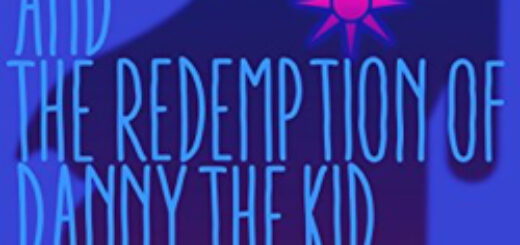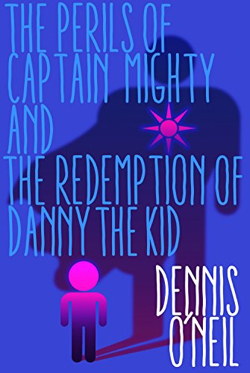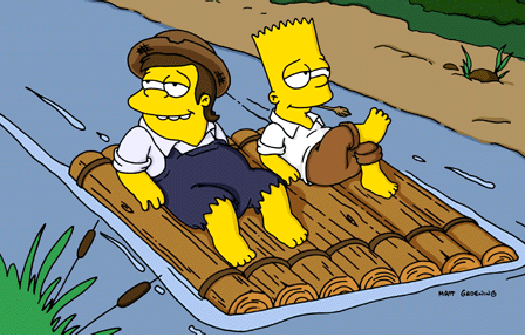Dennis O’Neil Don’t Need A Weatherman…
So what’ll we call today? Well, look outside. Ever see such a gorgeous summer day?
Since I (kind of) recall that yesterday the weather map guys were predicting Tuesday storms. Maybe this is national Meteorologist Mistakes Day. You might argue that such a festivity shouldn’t exist because somewhere – lots of somewheres – the weather is conforming to weathercasters’ prognostications and so there, wherever “there” is, the weather folk are dead on.
Somewhere – perhaps in your home town – the gutters are overflowing and lightning splits the sky and thunder rumbles and you are racing down the sidewalk, your windbreaker already soaked, your hair flat against your scalp and boy, was that guy on the 11 o’clock news ever right about the kind of Tuesday was darkening the clouds.
He didn’t use the word “rotten” but he should have. Damn spacey-brained weathermen!
But you’ve reached your destination. In through the revolving door, pause to let some of the weather drip onto the floor, and then your journey continues. Past the long wooden tables – that guy on the end is snoring – and on back to the stacks, thousands of books, some of which must be a hundred years old – could Mark Twain have stopped here during his rambling days to finger one of these cracked bindings when it was still new? (How old would he have to have been?)
Now, deeper into the building, past something that would have been impossible to find here when Dad stopped to return a map – family vacation coming up! – and allowed you to wander around for a while. Comic books! That’s what wouldn’t have been allowed on the premises when you first began to cultivate your library habit. More. But regardless of how they were packaged, these comic books were trash and anyone who’d never read one would have been happy to tell you so, back then.
And finally, the books shelved against the rear wall, where the fluorescent lights were somehow dimmer and a pleasantly musty odor scented the air. It was and is the library smell and it encouraged browsing, seeking treasures you hadn’t known existed until you held them in your hands.
These days, you still browsed, but it was a different kind of browsing. You looked at pictures on computer screens and if you saw something interesting, no problem. One click and it was on its way, this thing pictured on the screen. You could browse another kind of screen, a television screen, and if something caught your attention, click! And sink into the couch to be entertained. But the hard metal and glass of your home electronics devices didn’t smell like anything in particular and so something, some tiny inconsequential something, was missing from the experience and that was not a happy thing.
Ask… who? The weatherman? Okay, yeah, sure, the weatherman. Just don’t expect good information. And happy holiday.
















